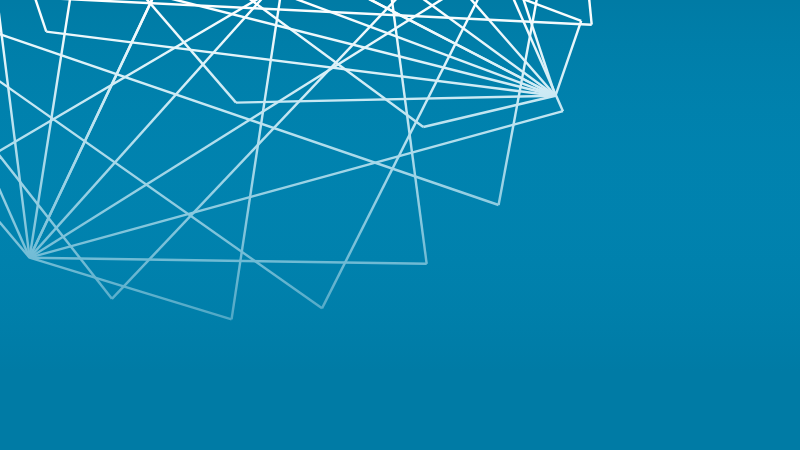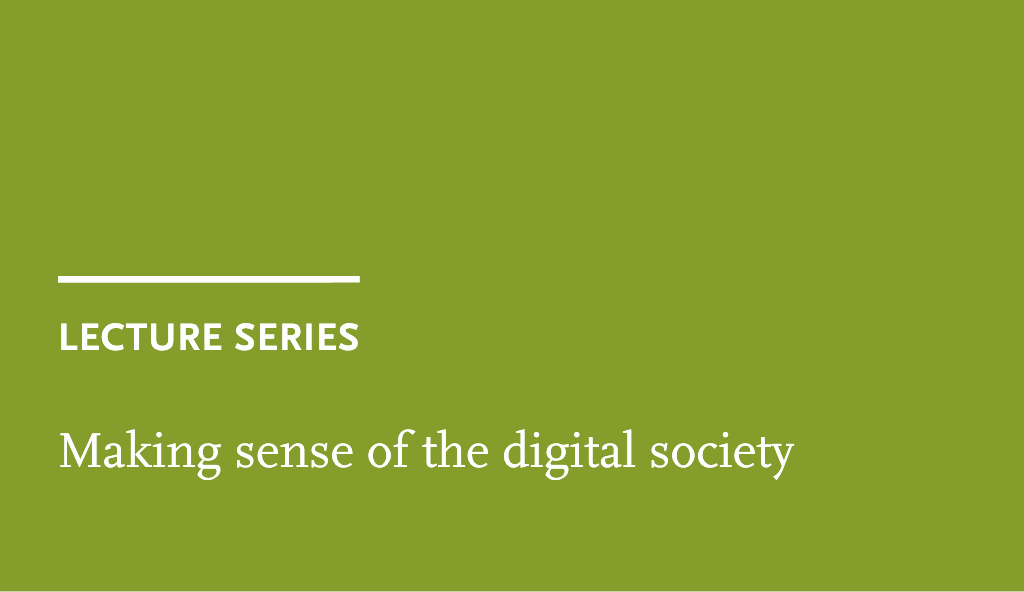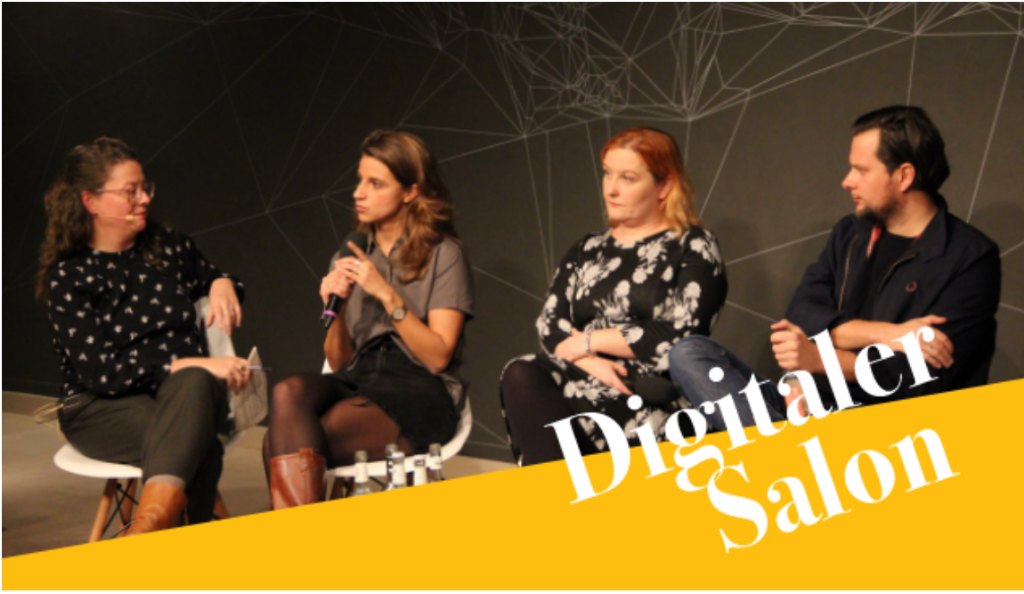
The basis of all good? New regulatory tools in DSA & Co.
The Network of Centers (NoC) Learning Call series continues with its second edition. Samson Esayas and Milos Novovic will shed light on the core of the DSA, its systemic approach to platform regulation and incremental regulatory structures. The event will take place exclusively online and in English.
The basis of all good?
New regulatory tools in DSA & Co.
NoC Learning Call with Samson Esayas and Milos Novovic
Tuesday, 27 February 2024 | 2.00 pm – 3.00 pm (CET)
Online-only (Zoom)
European legislation on digital platforms is emerging rapidly. The DSA, accompanied by AI Act, DMA and the P2B Regulation follow an incremental regulatory structure that seems to spread throughout legislation on digital matters. In the second edition of the NoC Learning Call Series 2024, Samson Esayas and Milos Novovic from the Norwegian Business School in Oslo will explain the regulatory structures, their benefits for digital regulation and where to be careful with such regulatory tools. We will then open up for a discussion within our group of international colleagues to learn about your experience with new regulatory tools in your country. This session of the learning call will be the first of three iterations on the DSA.
This event is part of the DSA research network project.
About the NoC Learning Call series
The NoC Learning Call series has been relaunched in 2024 to bring members of the network of centers together once a month to learn something new about the work within the network. We will hear new insights and discuss a wide range of topics with leading experts in the field. Due to the truly global nature of the NoC, we focus on the different continental and national perspectives on particular topics and try to think a little outside the box. Join us every last Tuesday of the month at 1pm CET for lively discussions and new insights on current topics. Upcoming events will focus on issues around DSA and its global implications, as well as the technological and societal change we can expect from quantum computing.
Speakers
Dr. Samson Esayas is an associate professor at BI Norwegian Business School with a teaching experience in wide range of topics including privacy and data protection, LegalTech, Internet governance, and EU competition law at BI, the University of Oslo and Queen Mary University of London. His research focuses on the interplay between law, technology and markets as regulatory tools, with a particular emphasis on the intersection between data privacy and competition law. An outstanding academic background and significant experience working on several EU and Norwegian government financed projects dealing with legal aspects of cloud computing services, legal and compliance risk management, and the governance of critical Internet infrastructures.
Dr. Miloš Novović is an associate professor of law at BI Norwegian Business School, specializing in law and technology. He is responsible for several courses on privacy and data protection, as well as legal tech courses covering issues such as digital contracts, copyright, AI and digital platforms. His teaching and research interests also include international commercial contracts and arbitration law. His PhD in law from University of Oslo dealt with issues of copyright, contract and private international law issues stemming from copyright-related terms of use agreements offered by largest online companies.
Registration
To participate in the event, please register using the form below. You will receive the login details on the day of the event.
Bookings
Eine Anmeldung ist für diese Veranstaltung aktuell nicht möglich.
DIGITAL SOCIETY LECTURES
This high-profile lecture series thrives to develop a European perspective on the processes of transformation that our societies are currently undergoing.
DIGITALER SALON
Once a month we publicly discuss the impact of digitalisation on the society. Therefore we invite special guests and engage in a dialogue with the audience.
NEWSLETTER
Be the first to learn about our new events and exciting research results.

